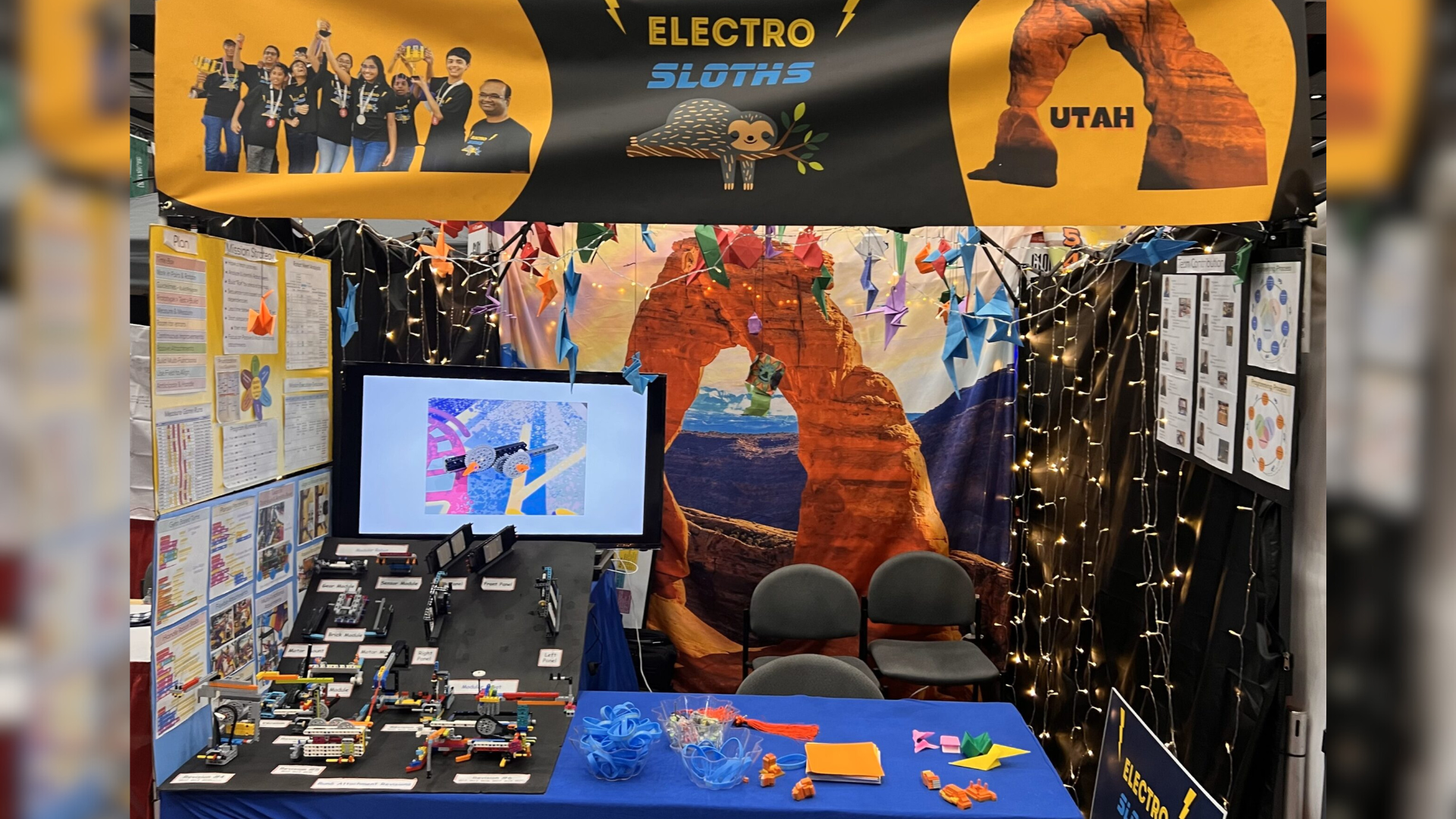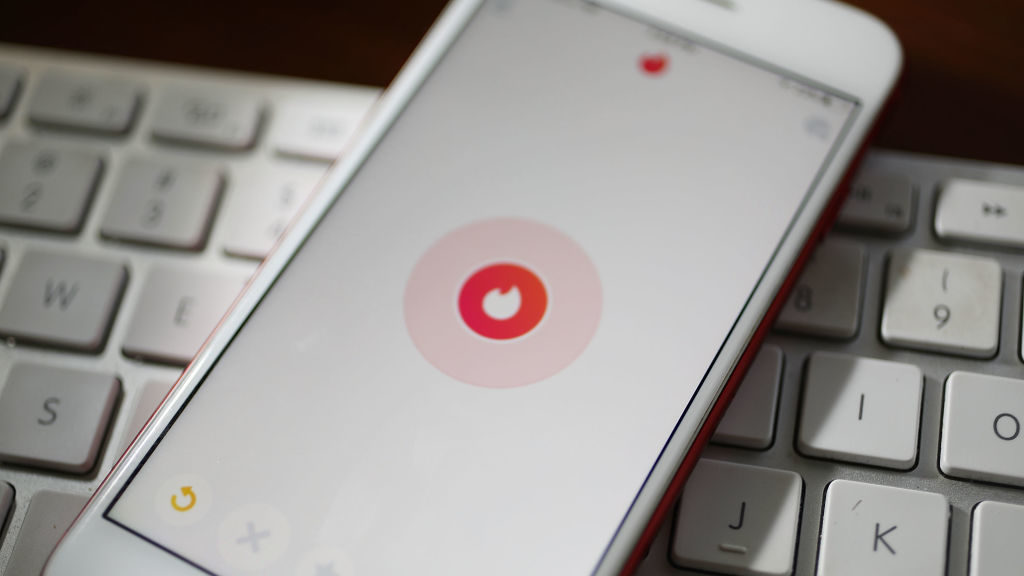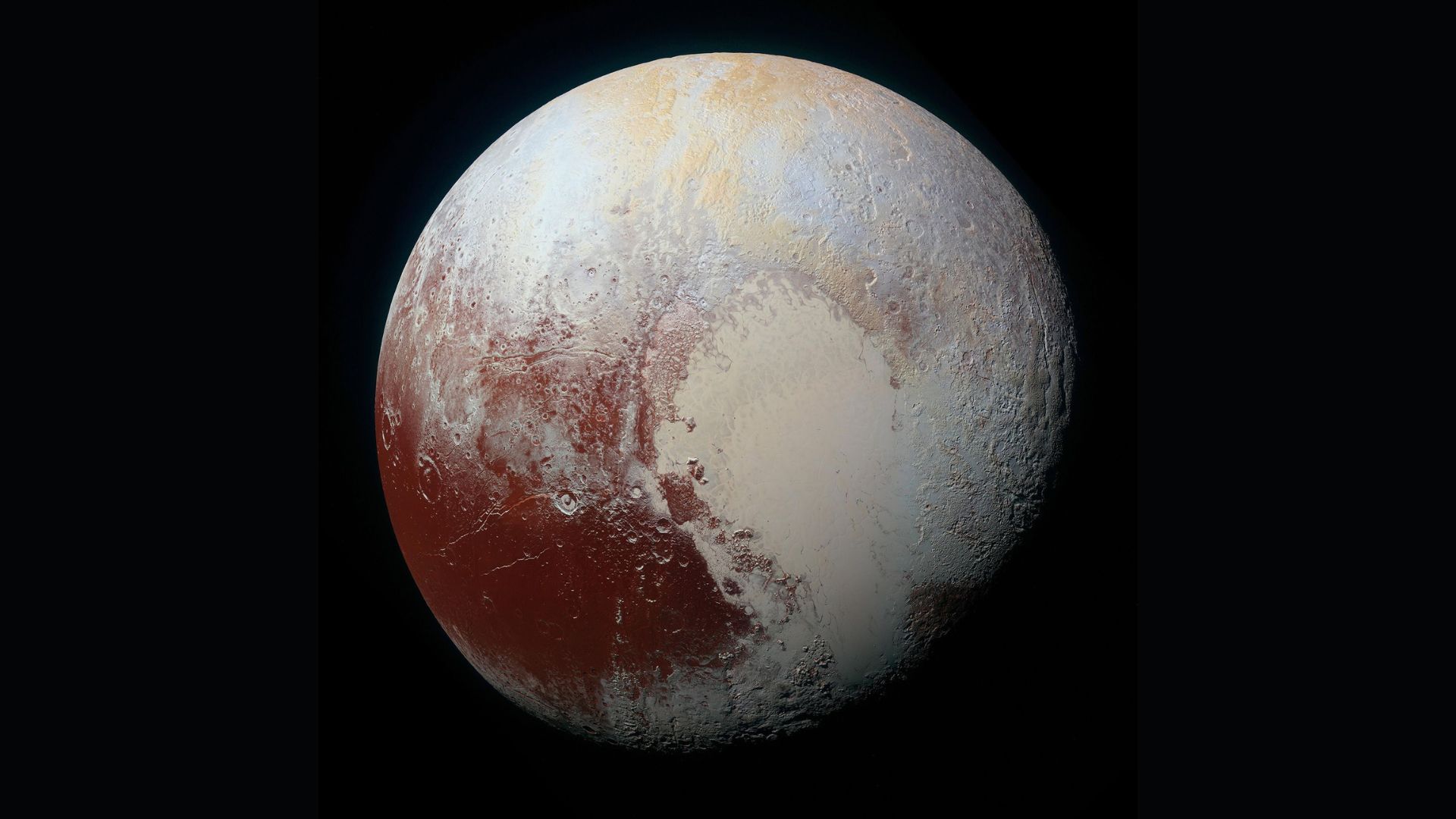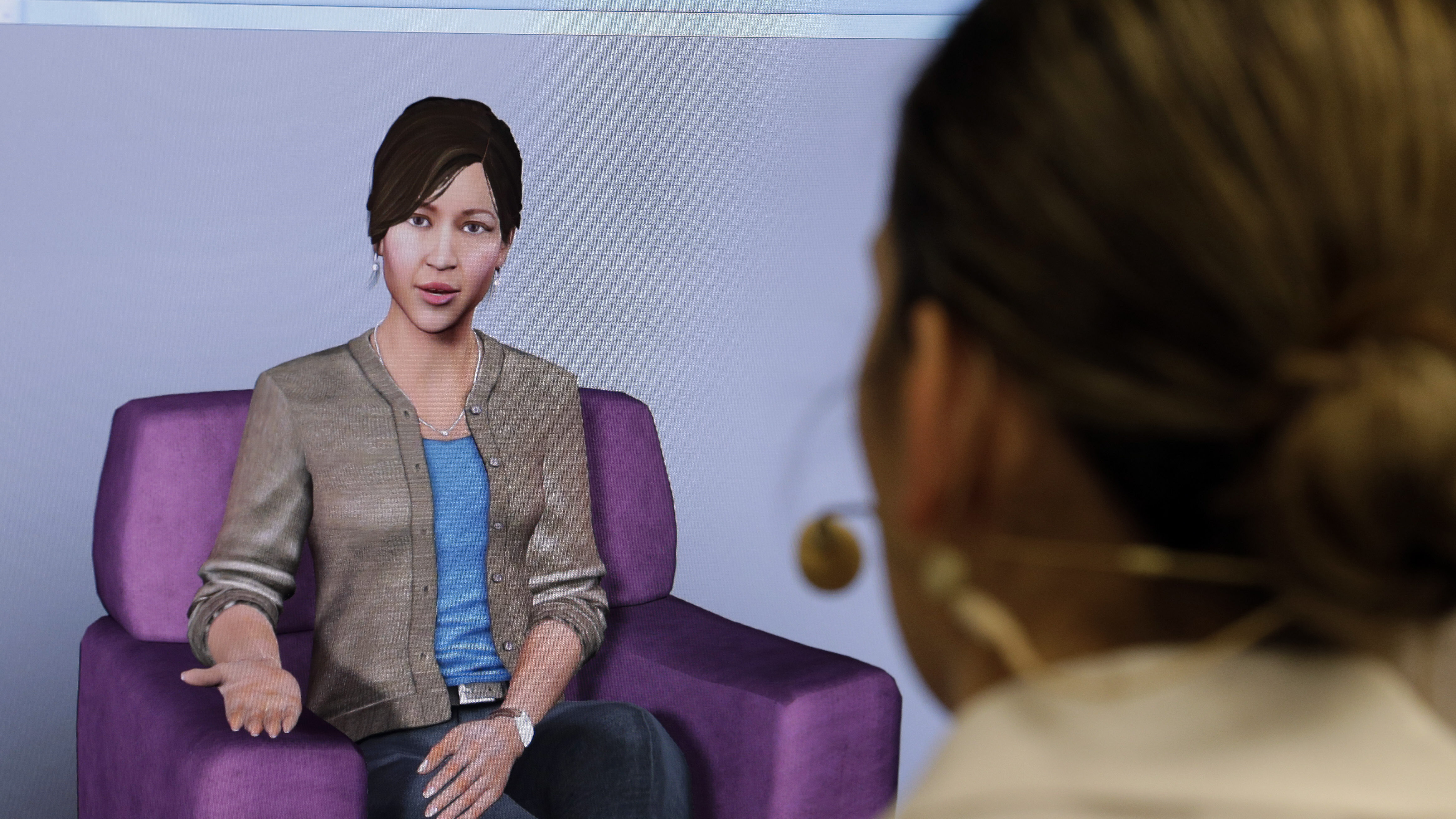Trust in science is down, and one expert says it’s “putting people’s lives at risk”
Jun 21, 2023, 1:00 PM | Updated: 1:01 pm
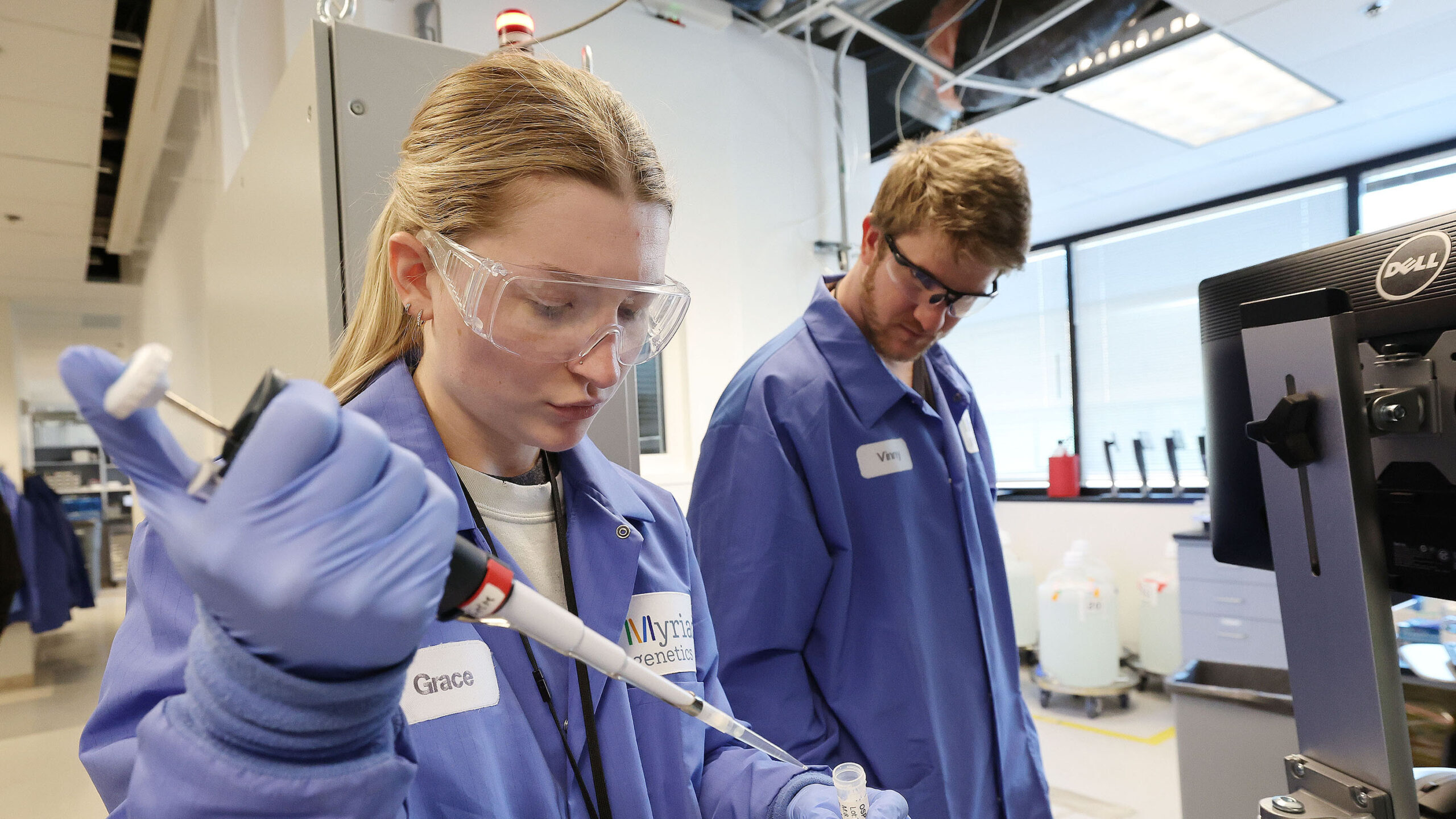
A new survey found that trust in science has dropped even further that in it was before. (Jeffrey D. Allred/Deseret News)
(Jeffrey D. Allred/Deseret News)
OREM, Utah — Trust in science is down in America. In 2022, the General Social Survey by the University of Chicago showed that only 39% of U.S. adults said they had “a great deal of confidence in the scientific community.”
That’s down from 48% in 2018 and 2021.
Why are we losing our trust in science?
“A lot of people are confusing the science with the government response to the science,” said Dr. Daniel Horns, who is the Dean of the College of Science at Utah Valley University. “If they don’t agree with the government response, then they fall back on attacking the science.”
An example of this phenomenon is the COVID vaccine mandate.
“If you are someone who is skeptical of government mandates, and you see the government come out with a mandate requiring you to get vaccinated, then you are going to not only be opposed to the mandate, but you will also naturally question the science behind the mandate,” said Horns.
“We need to be better communicators”
“A lot of the fault lies with us — the scientists,” Horns said. “We need to be better communicators. We need to promote our science more effectively on social media.”
Horns focused on the need for scientists to be more careful to present science in a way that’s understandable to everybody — and not just fellow scientists.
“We need to learn to speak in understandable language,” he said. “For years, one of the things that’s really bothered me is when a scientist is trying to explain something they’ve been working on to a person who’s not a scientist, and they say, ‘I’ll have to dumb it down for you.'”
He emphasized that the average person is not dumb. “The point of doing science is to advance society, and if you can’t communicate your science in a way that is understandable to an average person, then I think you’re the dumb one.”
In other words, communicating in plain language is “smarting up the science.”
Why is science becoming political?
Something the University of Chicago survey also found is that science is becoming more political.
In 2018, 55% of Democrats and 45% of Republicans said they had a “great deal of confidence” in science. Fast forward to 2022, 53% of Democrats still had a great deal of confidence, but the percentage of Republicans fell to 22%.
“Science, ideally, is agnostic to a political party,” Horns said.
The reason behind this politicizing goes back to people confusing the science with the government response to the science.
“Republicans are more likely to be skeptical of government, so they are more skeptical of the science behind the government response,” he explained.
Horns argues that “every scientific conclusion should be based on a completely objective review of the evidence. Ideally, there should be no difference among people of different political affiliations and how they view science.”
Why would scientists care?
Horns addressed the question of why scientists should care about the erosion of public trust.
“People don’t get into science to get rich,” he said. “What motivates us is that we know science can help society. When people don’t pay attention to the science, when they act against the science, they put their lives at risk.”
So, the erosion of trust in science is putting people’s lives at risk. That’s why we need to focus more on the science itself and less on the government’s response to the science.
Science without the spin
If we know that scientists work to help society, where do we go to get unbiased information about scientific developments?
“Organizations that have existed for decades tend to be the more politically neutral ones,” Horns offered.
Two examples of such organizations include the National Institutes of Health and the National Science Foundation.


